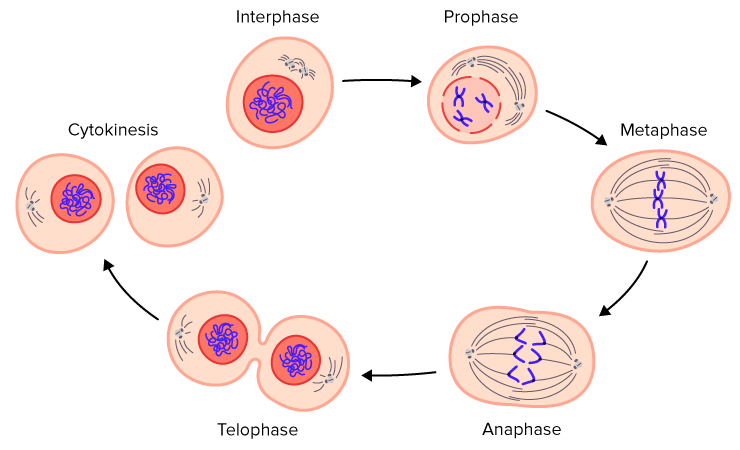
Think you know the Kinetic Molecular Theory? Take our trivia quiz to test your knowledge and discover how well you understand this fundamental scientific concept. Challenge yourself and learn something new today!
Questions and Answers
What's inside the How Well Do You Know Kinetic Molecular Theory? quiz
Which of the following best describes the Kinetic Molecular Theory?
According to the Kinetic Molecular Theory, gas particles are in constant:
What is assumed about the volume of gas particles in the Kinetic Molecular Theory?
In Kinetic Molecular Theory, how do gas particles interact with each other?
Which equation is derived from the Kinetic Molecular Theory?
According to the Kinetic Molecular Theory, what happens to gas particle speed as temperature increases?
The Kinetic Molecular Theory assumes that all collisions between gas particles are:
Which property of gases does the Kinetic Molecular Theory help to explain?
In the Kinetic Molecular Theory, pressure is a result of:
How does the Kinetic Molecular Theory explain the behavior of gases at high pressure?
Which scientist is most closely associated with the development of the Kinetic Molecular Theory?
What does the Kinetic Molecular Theory suggest about gas density?
According to the Kinetic Molecular Theory, which state of matter has fixed shape and volume?
What role does temperature play in the Kinetic Molecular Theory?
In the Kinetic Molecular Theory, what is assumed about the motion of gas particles relative to the container?
Which gas law is directly derived from the Kinetic Molecular Theory?
Quiz description
Understanding the Kinetic Molecular Theory
The Kinetic Molecular Theory (KMT) is a fundamental concept in the fields of chemistry and physics that explains the behavior of gases. By understanding KMT, you can gain insights into how gas particles move, interact, and influence the properties of gases. This theory is essential for explaining various gas laws and phenomena observed in everyday life.
Key Principles of Kinetic Molecular Theory
- Particle Motion: Gas particles are in constant, random motion, colliding with each other and the walls of their container.
- Negligible Volume: The actual volume of gas particles is negligible compared to the volume of the container.
- No Intermolecular Forces: Gas particles do not exert forces on each other except during collisions.
- Elastic Collisions: Collisions between gas particles and container walls are perfectly elastic, meaning no energy is lost.
- Temperature and Energy: The average kinetic energy of gas particles is directly proportional to the temperature of the gas.
Applications of Kinetic Molecular Theory
KMT helps explain various gas laws, including Boyle's Law, Charles's Law, and Avogadro's Law. It also provides a basis for understanding more complex phenomena such as diffusion, effusion, and the behavior of real gases under different conditions.
Why Take a Kinetic Molecular Theory Quiz?
Testing your knowledge of KMT not only reinforces your understanding but also highlights areas where you can improve. Whether you're a student, educator, or just a science enthusiast, a trivia quiz on Kinetic Molecular Theory offers an engaging way to assess and expand your comprehension of this crucial scientific concept.











